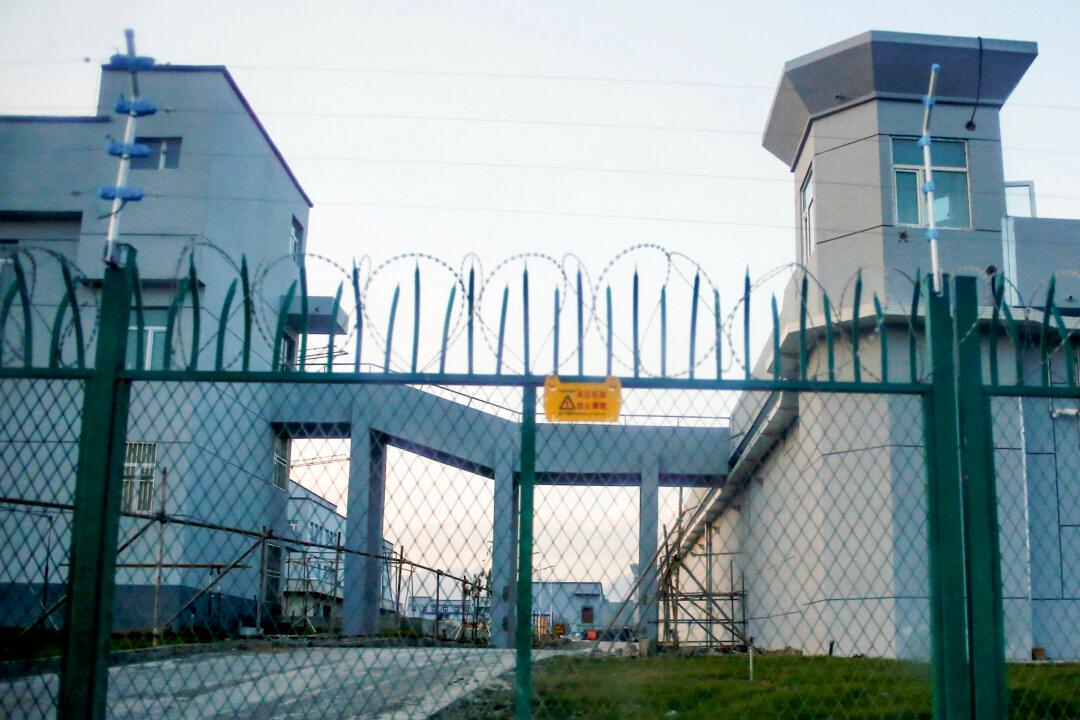U.S. legislators are urging Canada to strengthen its enforcement of import bans on goods produced with forced labour, expressing concerns that products blocked by the United States could be exported to Canada and potentially re-enter the U.S. market.
In a letter dated Sept. 18, U.S. legislators, including Senators Marco Rubio and Jeff Merkley, urged Canada’s Trade Minister Mary Ng and other trade representatives of the United States-Mexico-Canada Agreement (USMCA) to take further action against forced labour.





